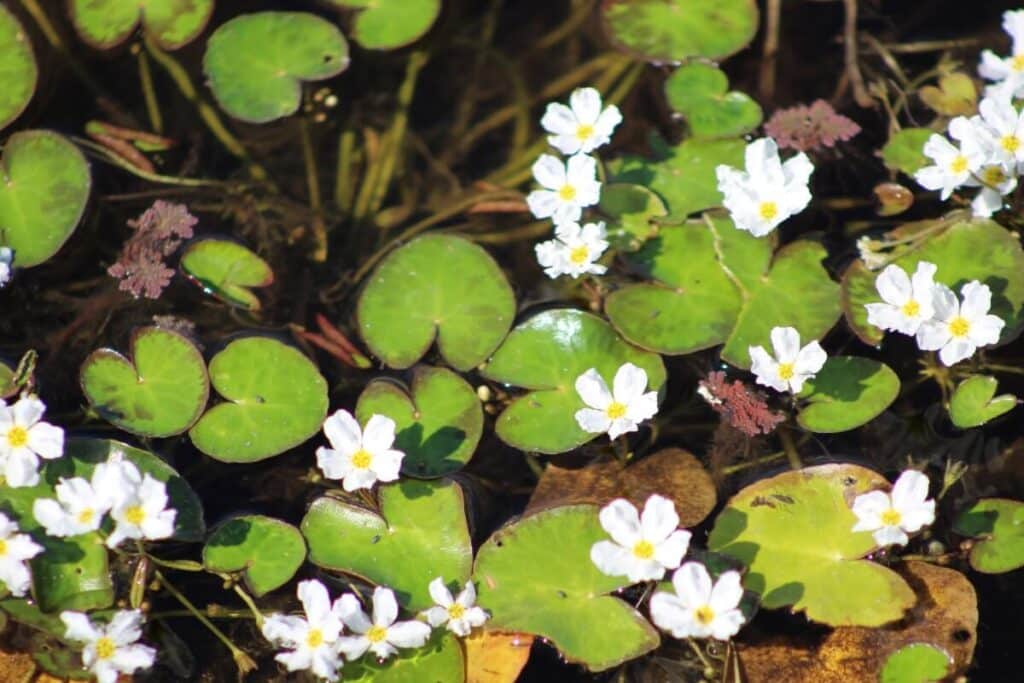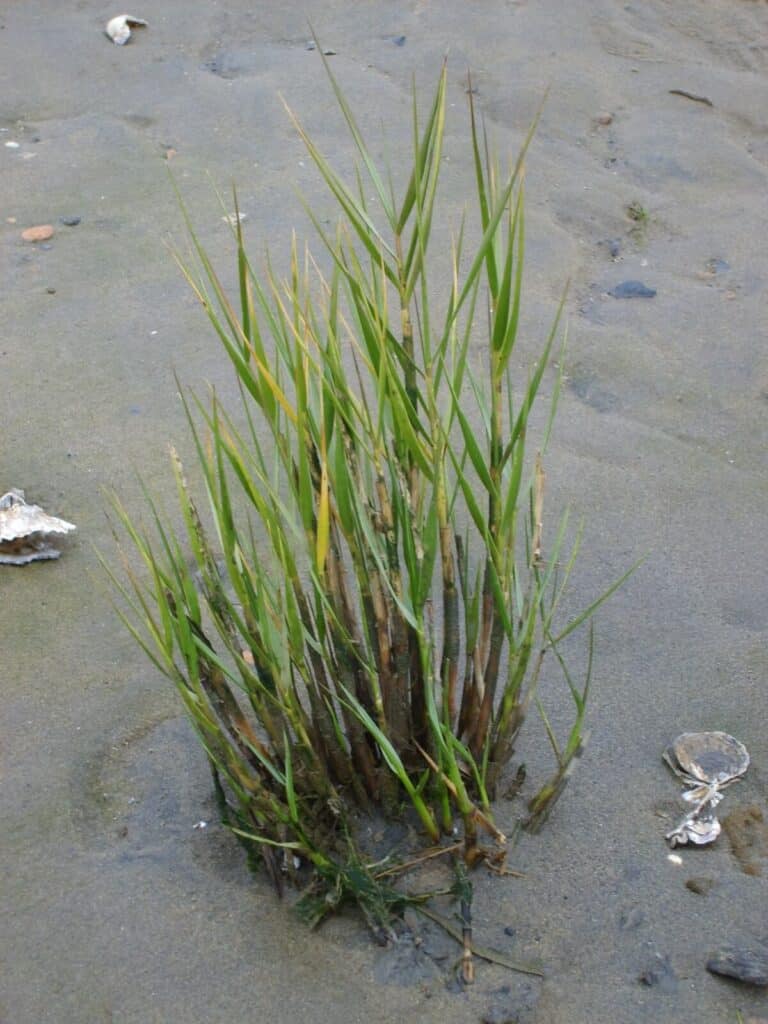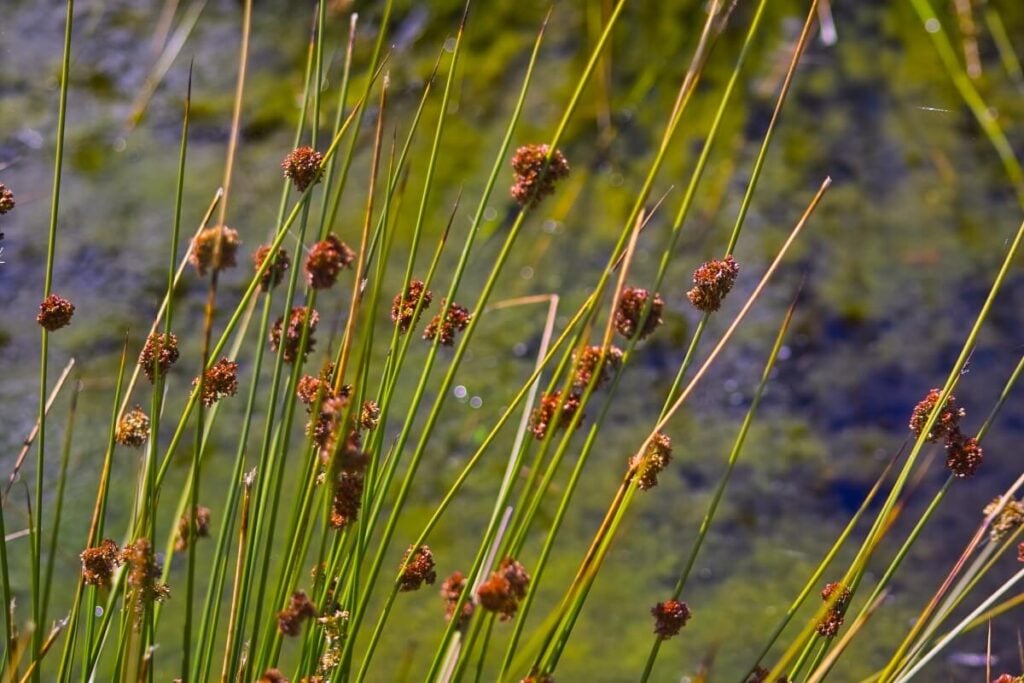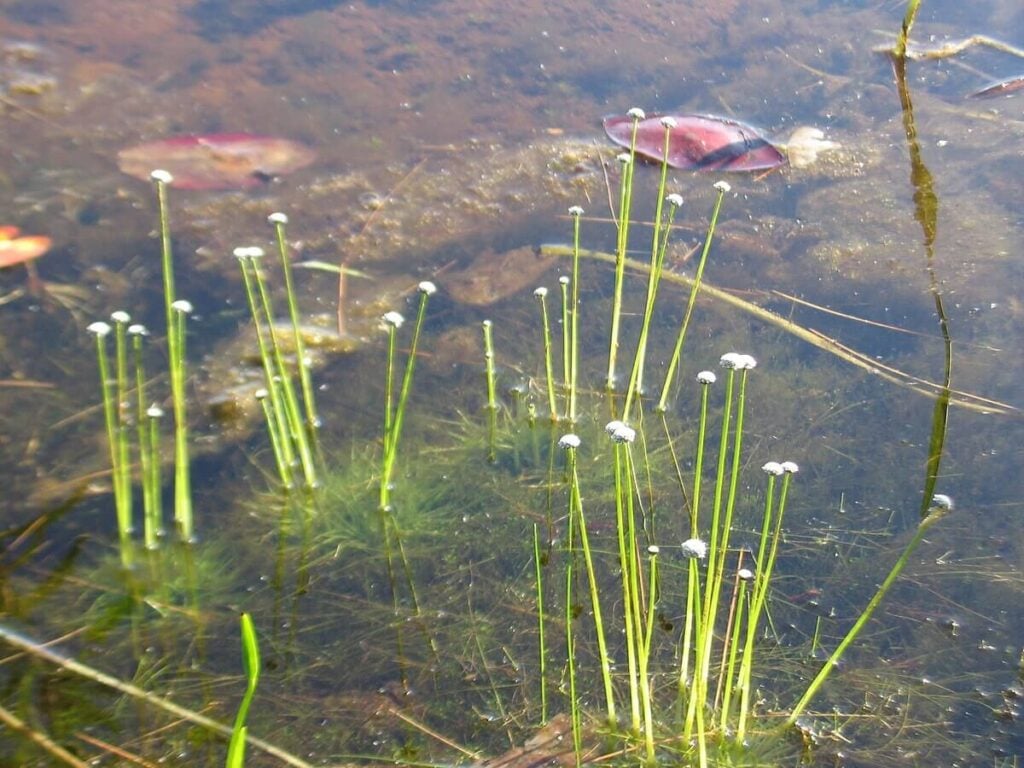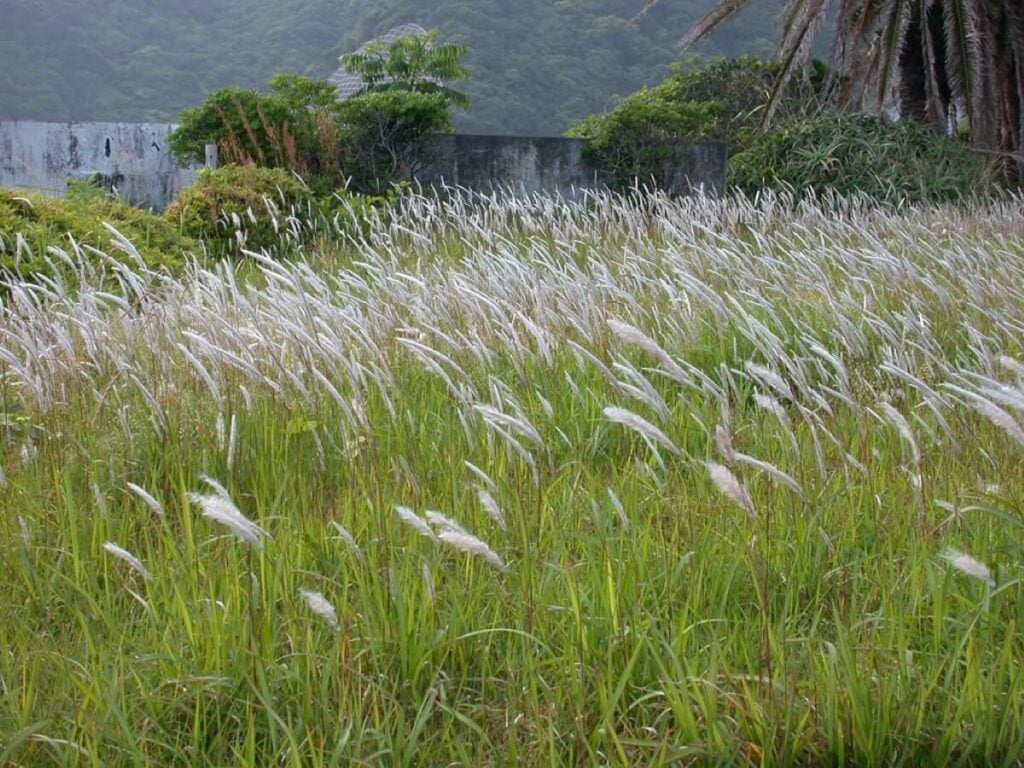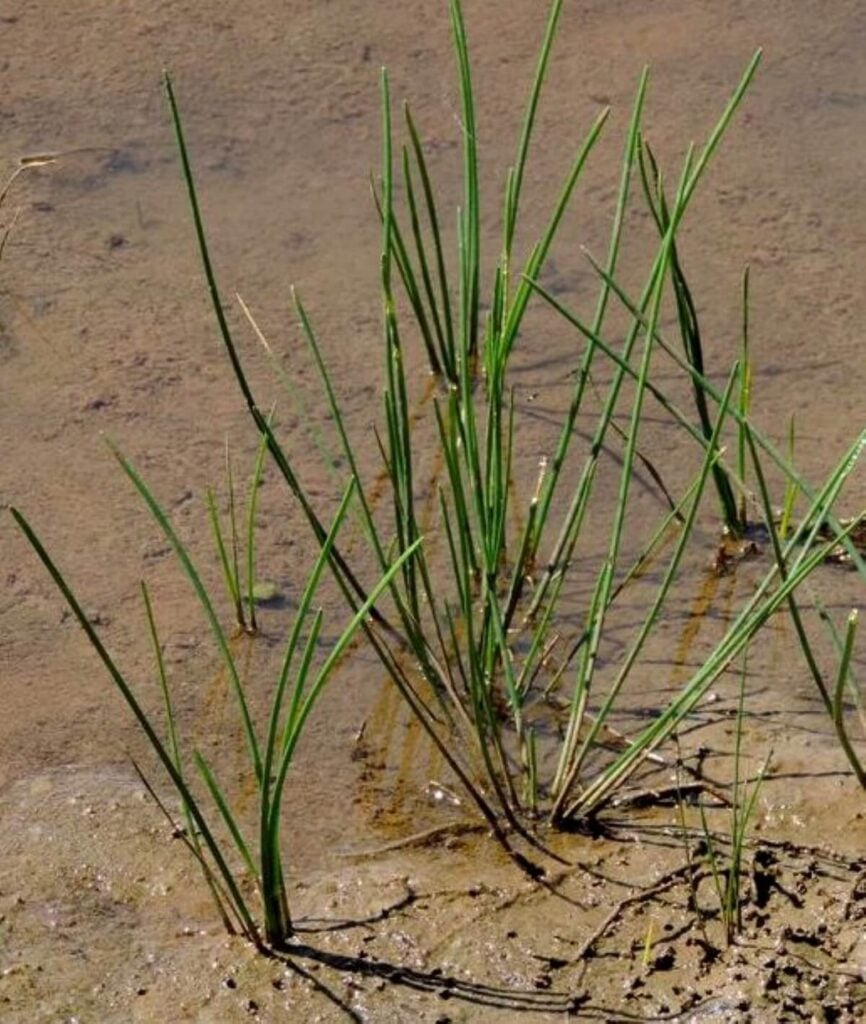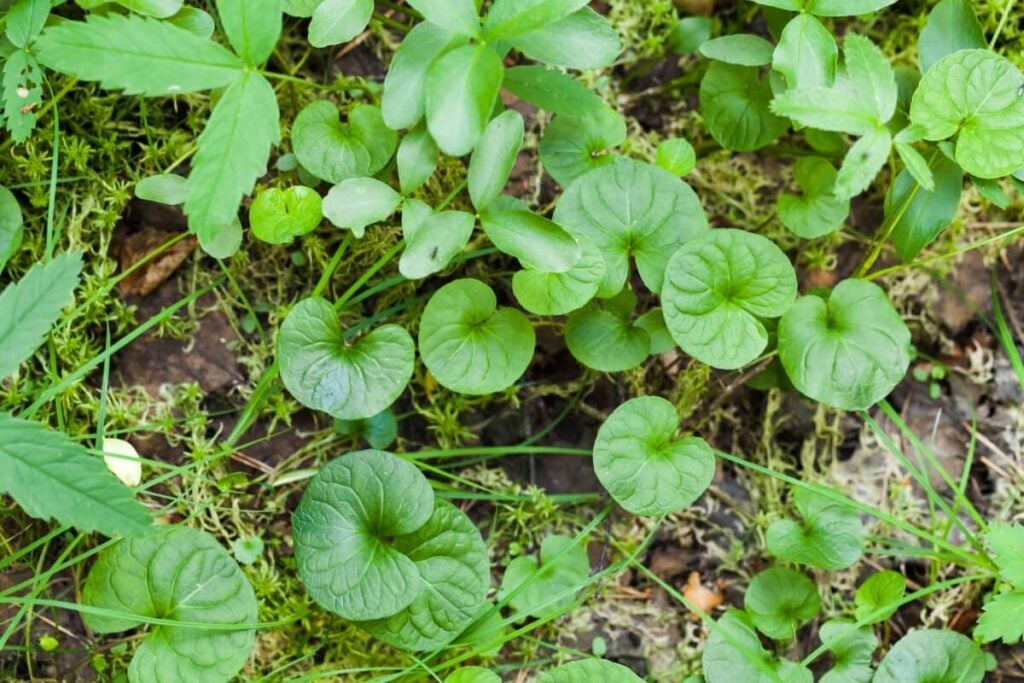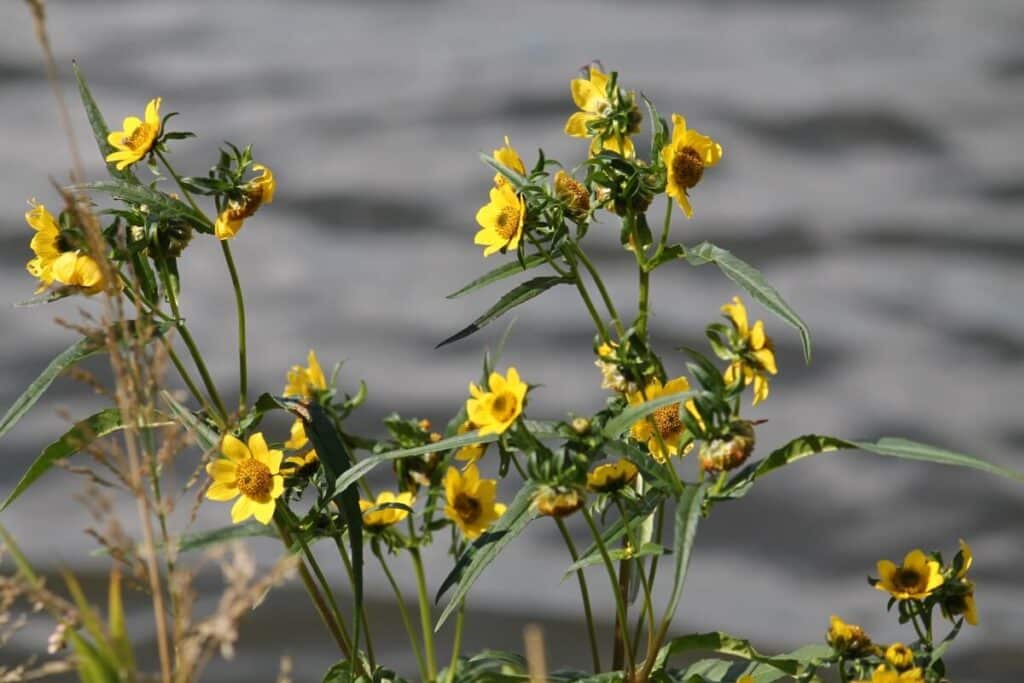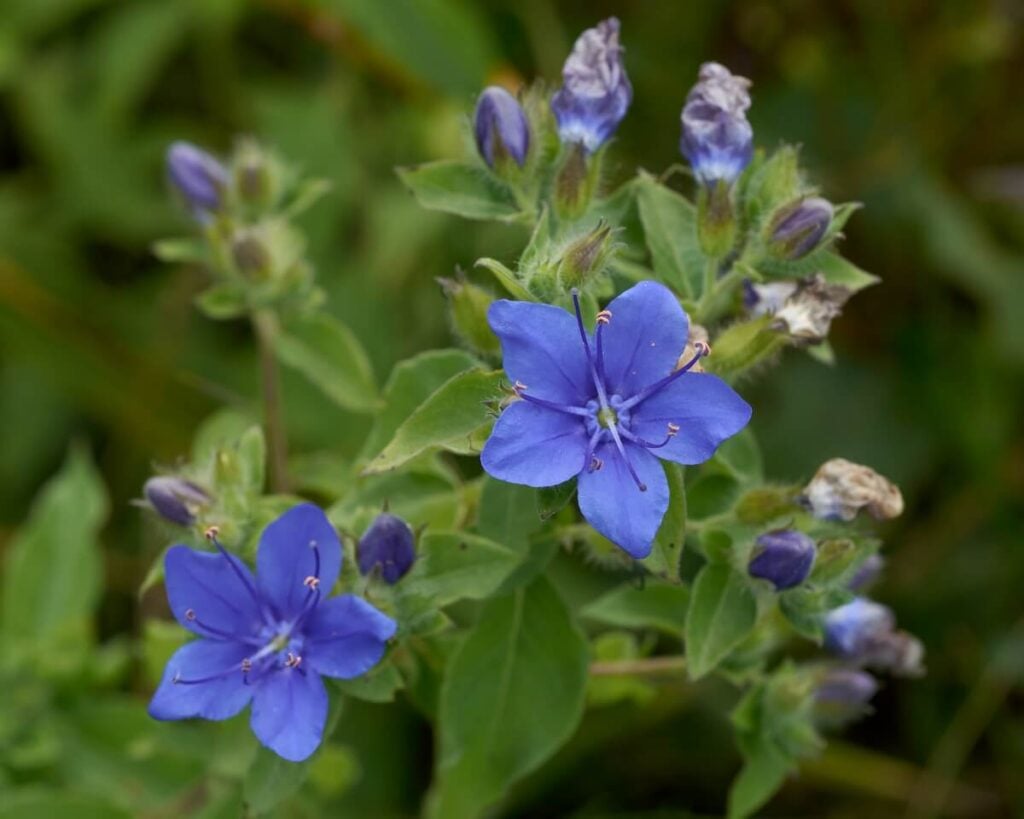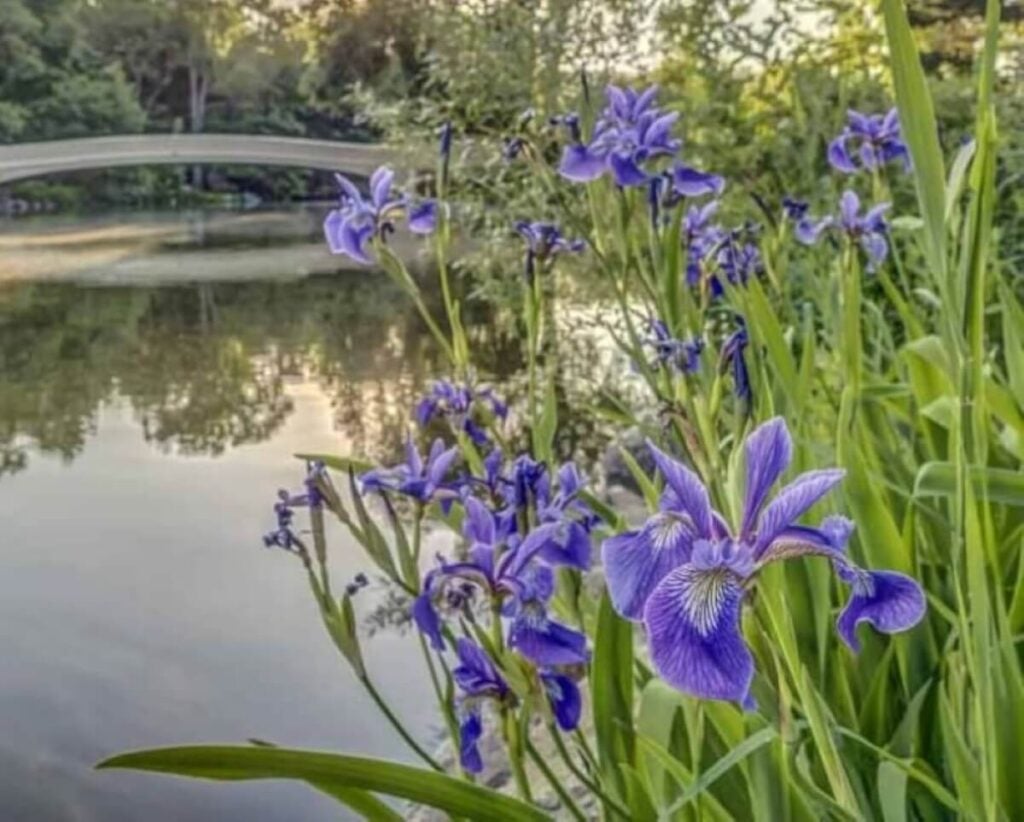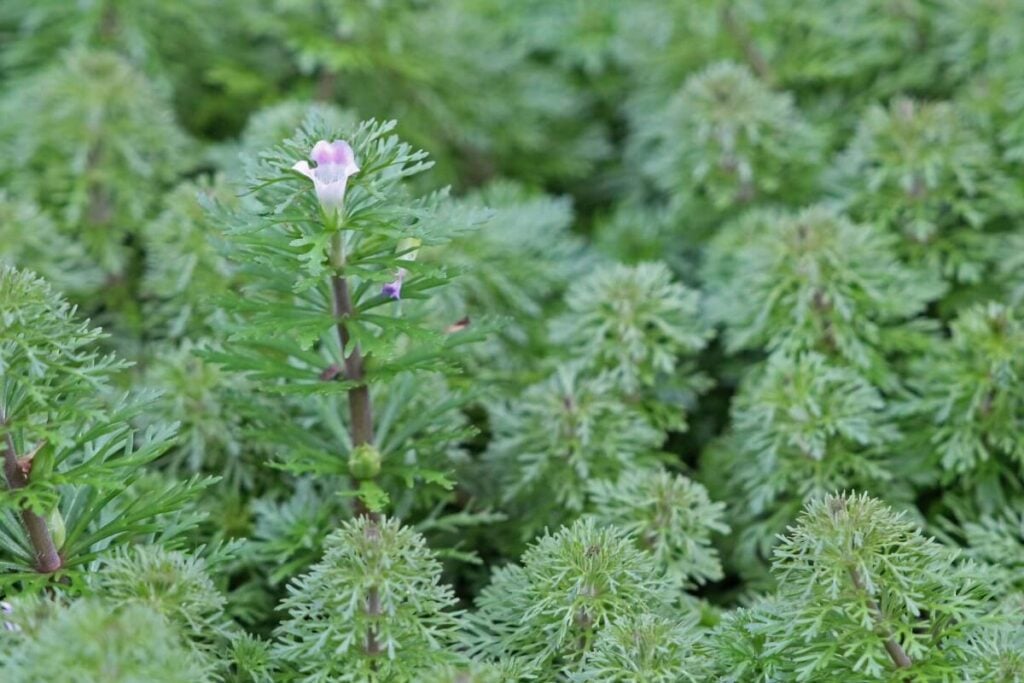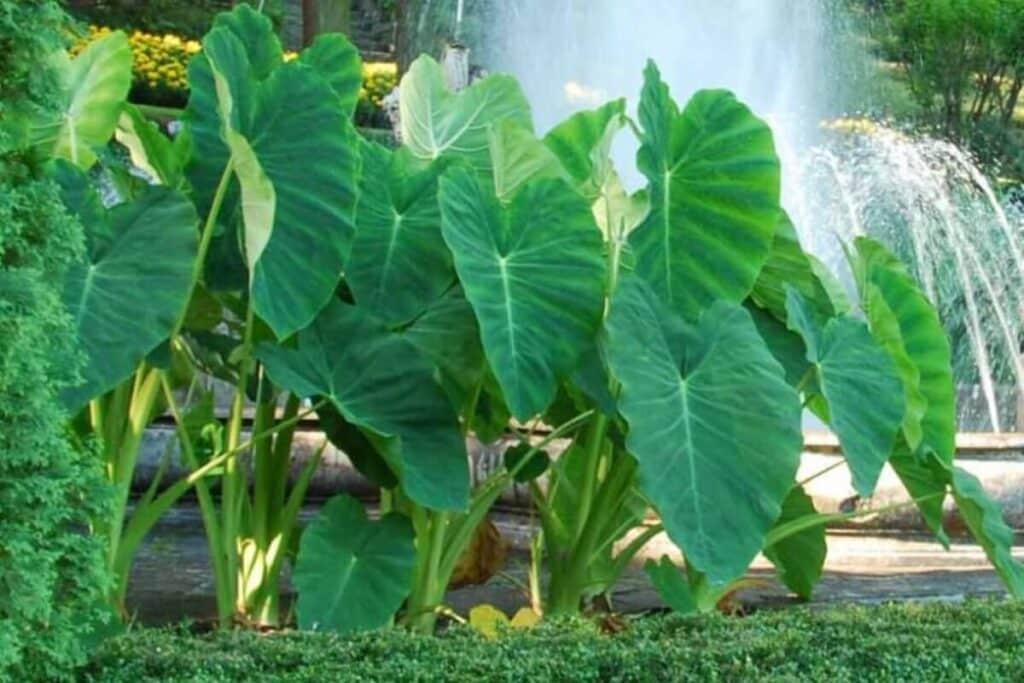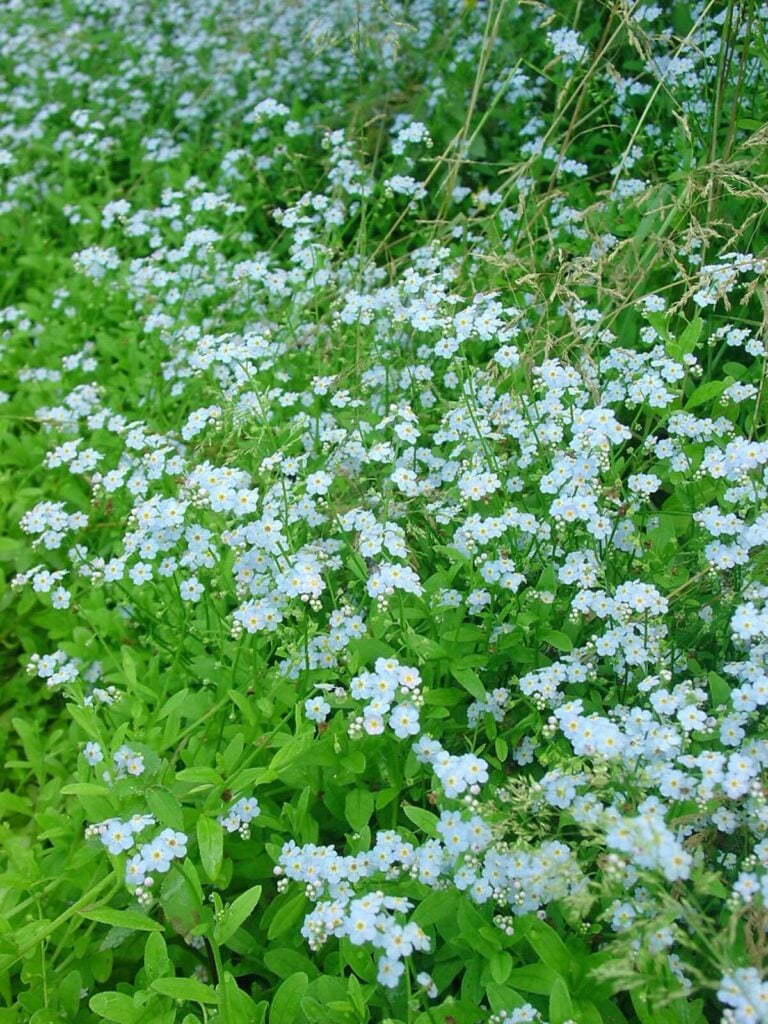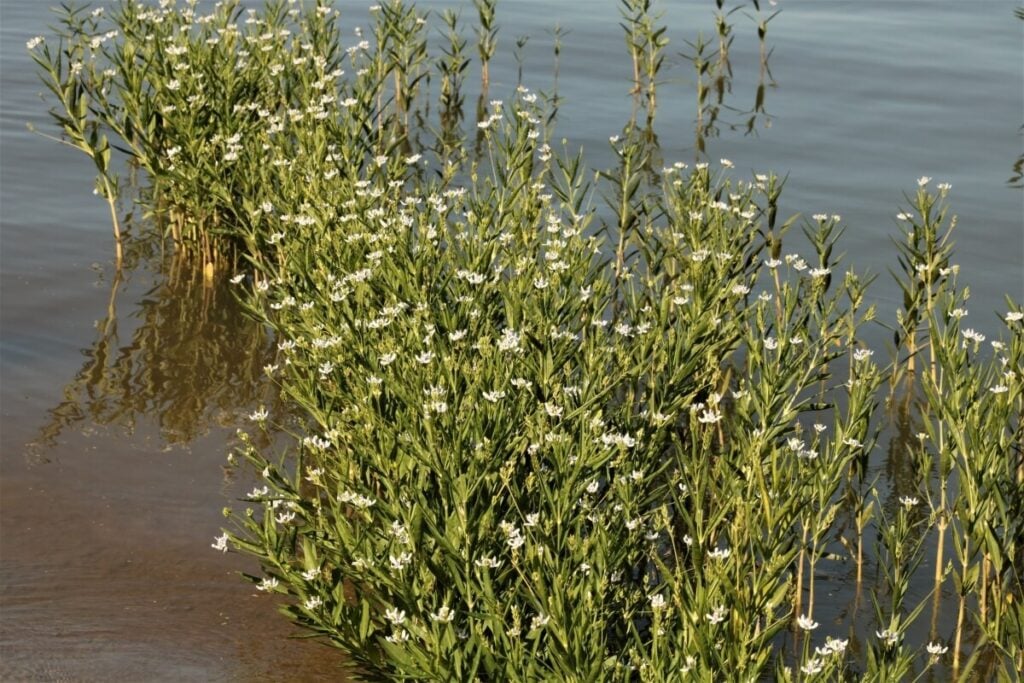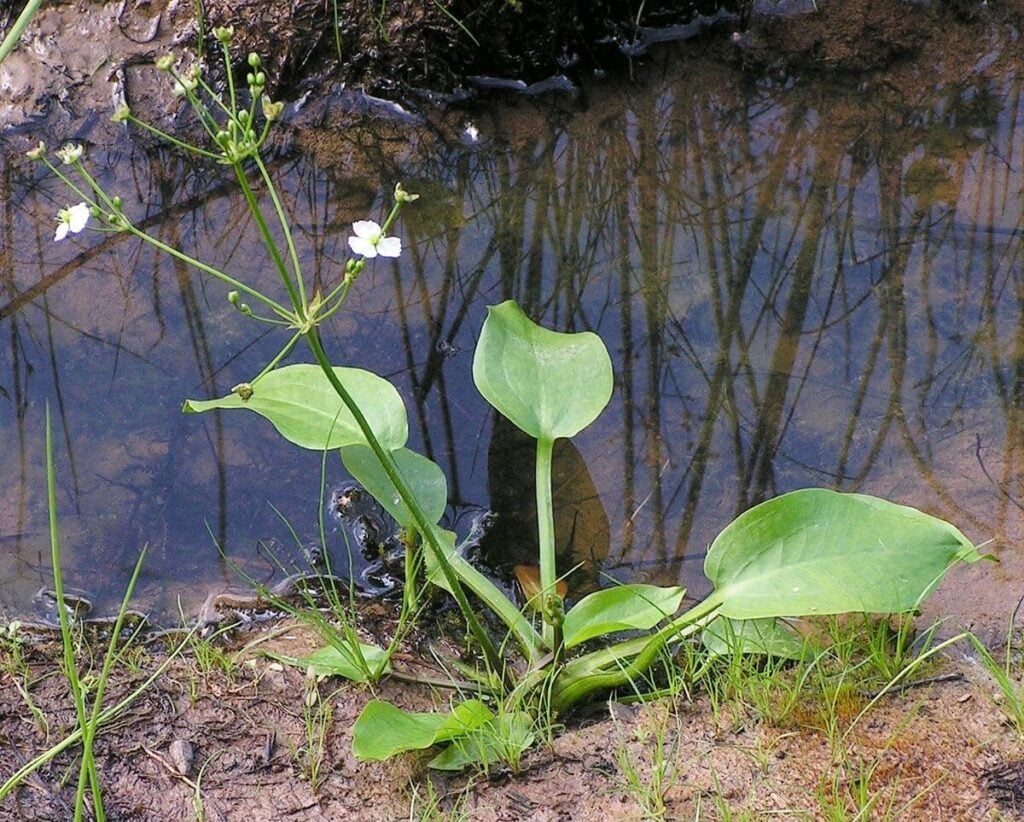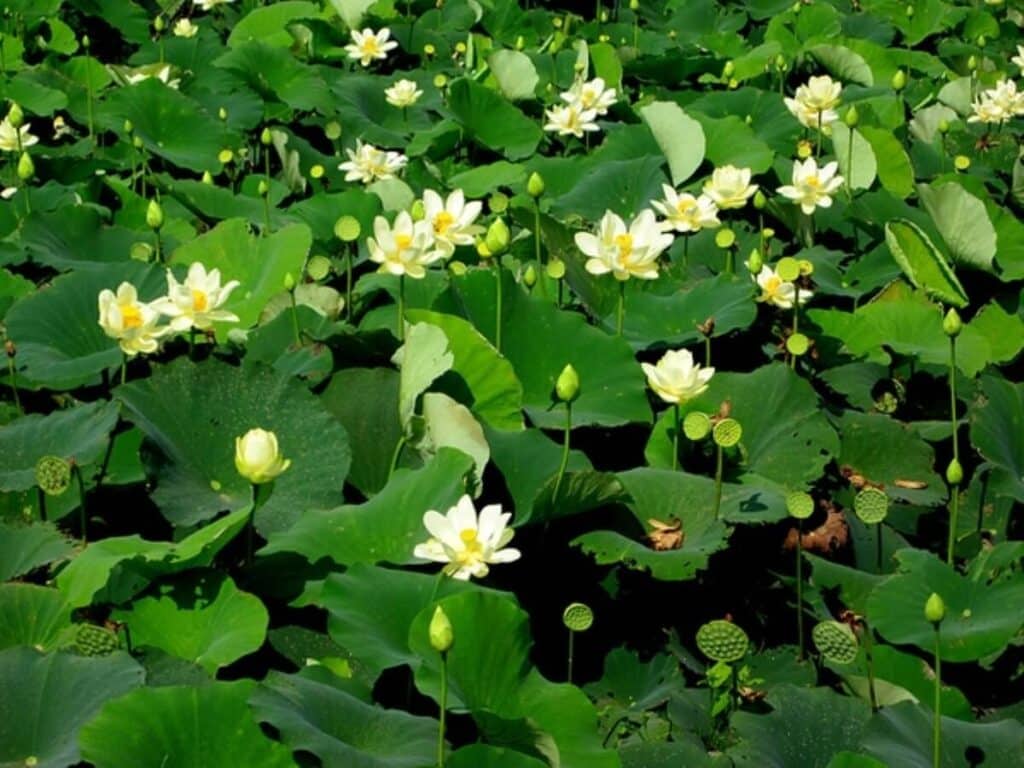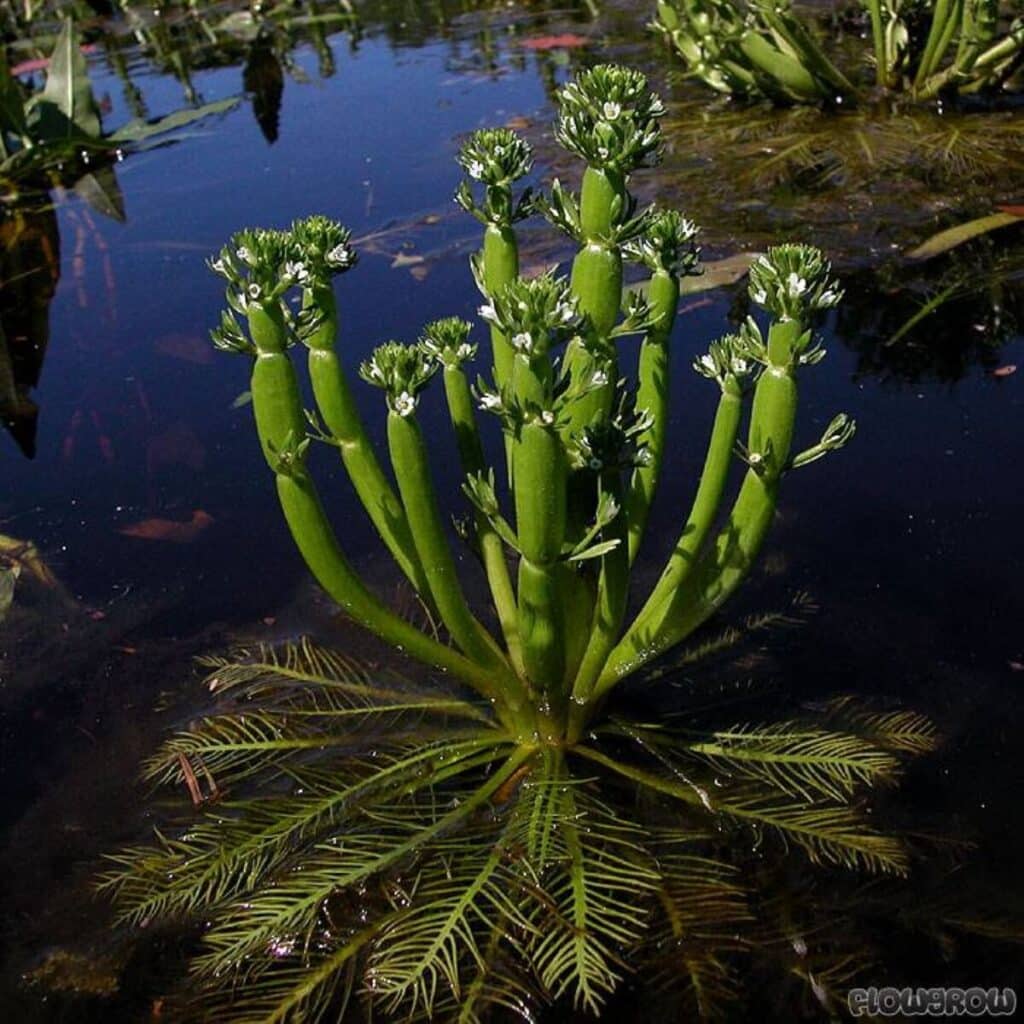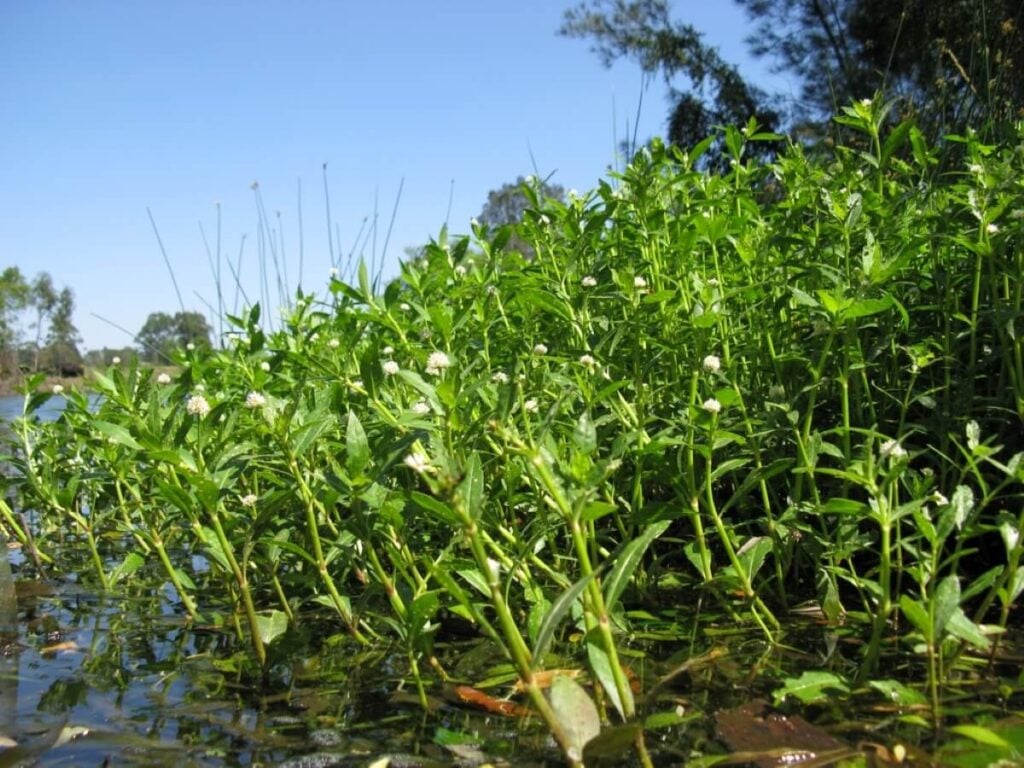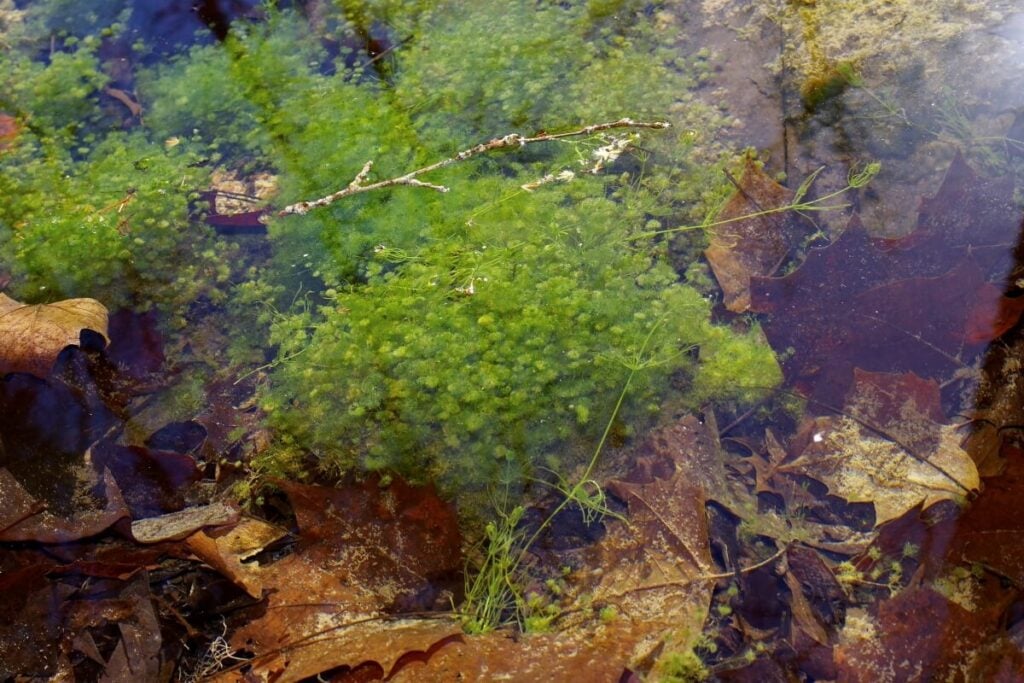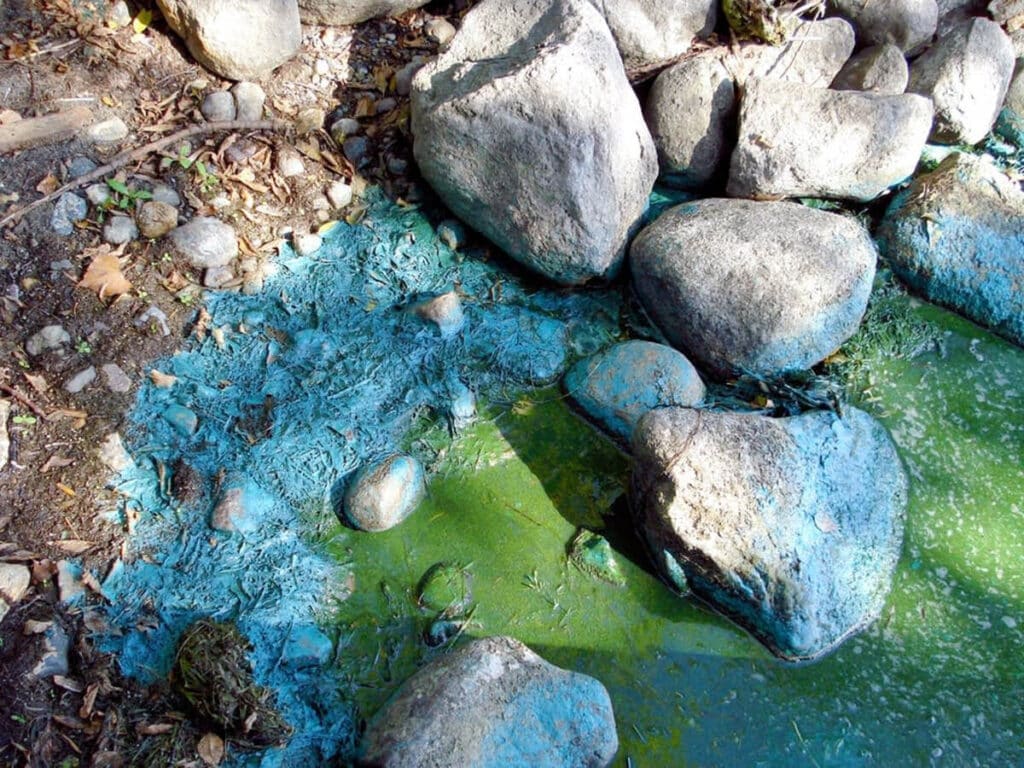Weed Control
How to Control Aquatic Weed Types and Aquatic Plants
Ponds grow a variety of pond weed types, many of which look similar. The aquatic weed identification information below lists the most common weed types -- including emergent, submerged, and floating weeds -- to help you explore and identify aquatic weeds in your pond or lake.
For those looking for weed control solutions, Lake Restoration has developed all-in-one pond and lake weed control kits that make it unnecessary to identify the type of weeds in your pond. Feel free to use the information below to facilitate your pond weed identification goals, or contact us today to talk to our customer support team about the right control product for your pond or lake.
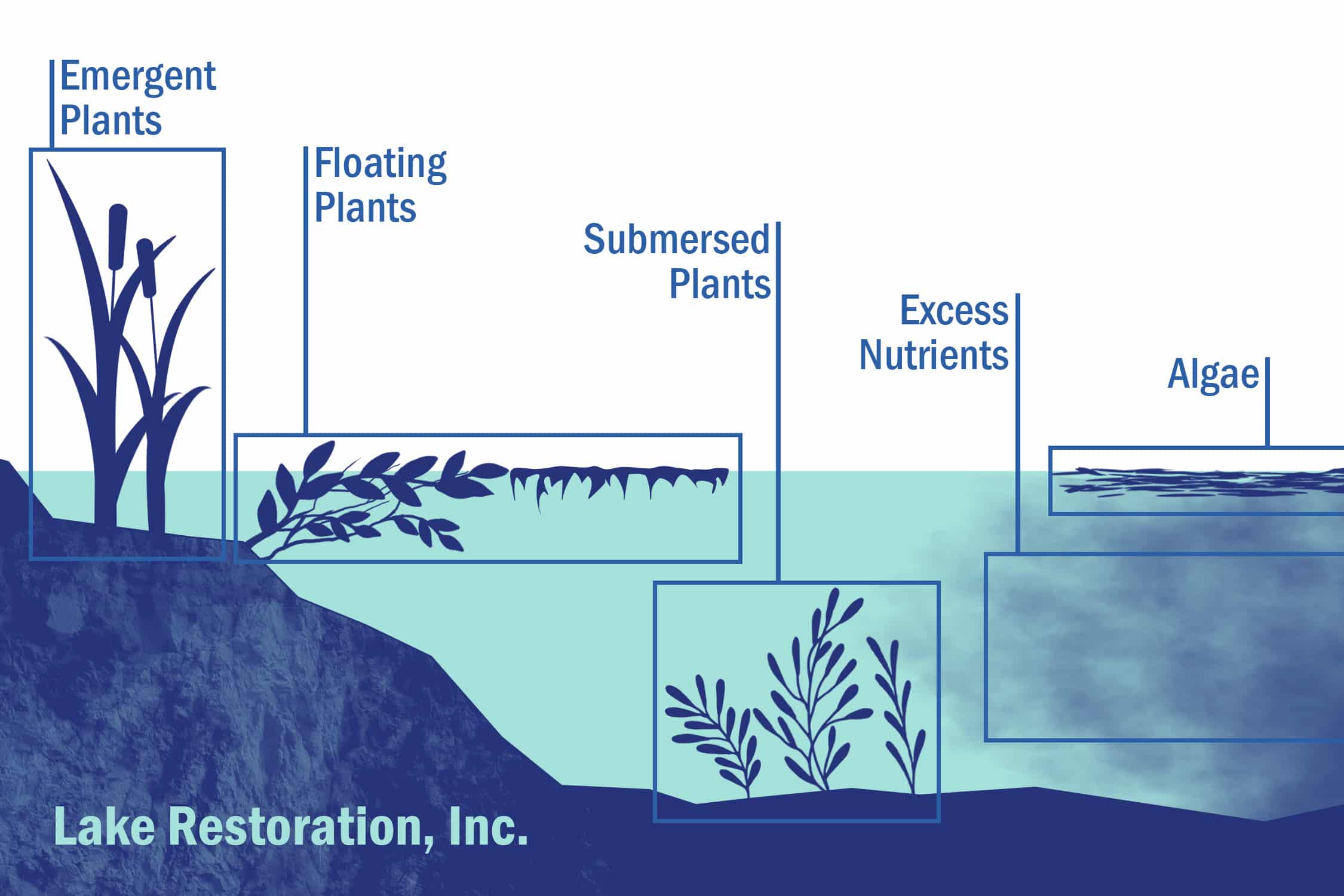
Crested Floating Heart
Crested floating heart has heart shaped leaves eight inches long and six inches wide and showy flowers with frilly white petals and yellow centers.
Cordgrass
Cordgrass has hollow stems grouped together up to eight feet tall. Leaves are spine like and clustered flowers branch loosely.
Common Rush
Common rush has straight, hollow stems two to four feet tall, no leaves, and brown clusters of flowers that grow out of the sides of the stems.
Common Pipewort
Common pipewort has grass like leaves and little white globes atop the stems that can grow up to three and a half feet tall.
Cogongrass
The narrow leaves of cogongrass grow directly from the rhizomes; they are light green when young and turn orange to brown as they age.
Chinese Water Chestnut Plant
The Chinese water chestnut plants is a rush like plant that has tall bright green stems, spiky white flowers, and edible tubers.
Carolina Pony’s Foot
Carolina pony’s foot grows in mud with short stems. Green leaves have a gap in the middle, giving the shape of a horse’s hoof.
Bur Marigold
Bur marigold has round green stems and can grow nearly four feet tall. Leaves have toothed edges. Bright yellow flowers have eight to 15 petals.
Blue Waterleaf
Blue waterleaf has thick stems that grow up to three feet tall and have spines on them. Bright blue to purple flowers have five petals. Leaves are pointy.
Blue Flag
Blue flag has long narrow green leaves that arch and shows blue or indigo flowers.
Asian Marshweed
Asian marshweed has frilly submersed leaves, oval emersed leaves, and small lavender flowers with an upper lip.
Arrowleaf Elephant Ear
Elephant ear has gigantic leaves that can be six feet long. The plants can grow to nine feet tall.
Aquatic Forget Me Not
Aquatic forget me not has lance shaped leaves and pale blue flowers that have five petals each and a yellow center.
American Water Willow
American water willow has round stems and alternate sword shaped leaves. Flowers have four petals that are violet or white; the bottom one has pink spots.
American Water Plantain
American water plantain grows on muddy banks and has green elliptical shaped leaves with small pink or white flowers.
American Lotus
American lotus has huge round green leaves that may be cupped above the water slightly and yellow flowers with a cone shaped seed pod in the center.
American featherfoil
American featherfoil has finely divided floating leaves and inflated flower stems standing in groups above the water with small white flowers.
Alligatorweed
Alligatorweed grows close to the ground with reddish stems and sword shaped green leaves.
Nitella
Nitellas are multicellular branched algae that look like other green submersed plants or Chara.
Cyanobacteria
Cyanobacteria are toxic bacteria that look like blue green algae: mats of green, blue, brown, or purplish red floating on the water.


